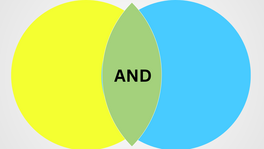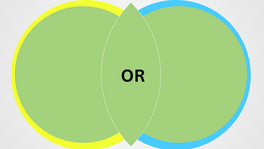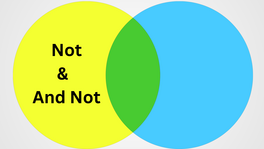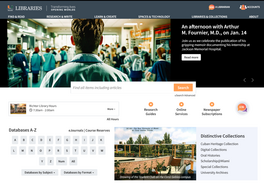Accessibility Options:
Finding Journal articles
Use the uSearch option form the library webpage: library.miami.edu
uSearch allows you to search and discover materials from all of the University Libraries, including Law and Medical.
It allows for searching by:
Everything - journal articles, books, e-books, CDs, DVDs, archival materials, University Archives and more !
Library Catalog - searches everythign except journal articles and UM Digital Collections, Allows you to also selcted individual speciality libraries for your serach.
Course Reserves - any materials that have been placed on course reserve
UM Digital Collections - unique digitized items from the UM Libraries like the Cuban Heritiage Collection, Special Collections, Universities Archives , dissertations and more!
Searching Tips
Improve your searching by:
Defining the topic
- Before you start searching you need to know what you are looking for start with a question that you want answered.
- What are common practies in tagging marine mammals?
- How does Diet and foraging impact overall health of marine mammals?
- What is the best method for storage of sampling and pho-id data?
Next break down those questions to the topics, the important concepts.
- tagging - marine mammals
- diet health marine mammals
- foraging health marine mammals
- sampling data storage
- photo data storage
Use Boolean operators to help define your searches
AND : narrows your serach to return only results that contain both terms or keywords you submitted

OR: expands your search to find results that contain one or more of the keywords and tems you used int your search

NOT or AND NOT: narrows your serach to search only the first term and excluding the terms after the NOT or AND NOT

Link List
What are the differences between Scholary, Popular and Trade Materials?
Be sure to look at the task that you have been assigned and keep in mind the types of resources that you are permitted to use in your research.
Three common types are scholary, popular and trade.
1. Scholarly Articles:
-
Audience: Academics, researchers, and students.
-
Content: In-depth research, methodology, data, and analysis. Often peer-reviewed.
-
Authors: Experts and scholars in the field with credentials.
-
References: Extensive citations and references.
-
Examples: Articles in journals like Nature, Science, The New England Journal of Medicine.
2. Popular Articles:
-
Audience: General public.
-
Content: Broad overview of topics, written in an accessible and engaging manner.
-
Authors: Journalists or professional writers, not necessarily experts.
-
References: Few or no citations.
-
Examples: Articles in magazines and newspapers like Time, National Geographic, The New York Times.
3. Trade Articles:
-
Audience: Professionals and practitioners in a specific industry.
-
Content: Industry news, trends, practical information, and advice.
-
Authors: Industry experts, professionals, or journalists with industry knowledge.
-
References: Some citations, but not as extensive as scholarly articles.
-
Examples: Articles in trade magazines like Advertising Age, Computerworld, Automotive News.


